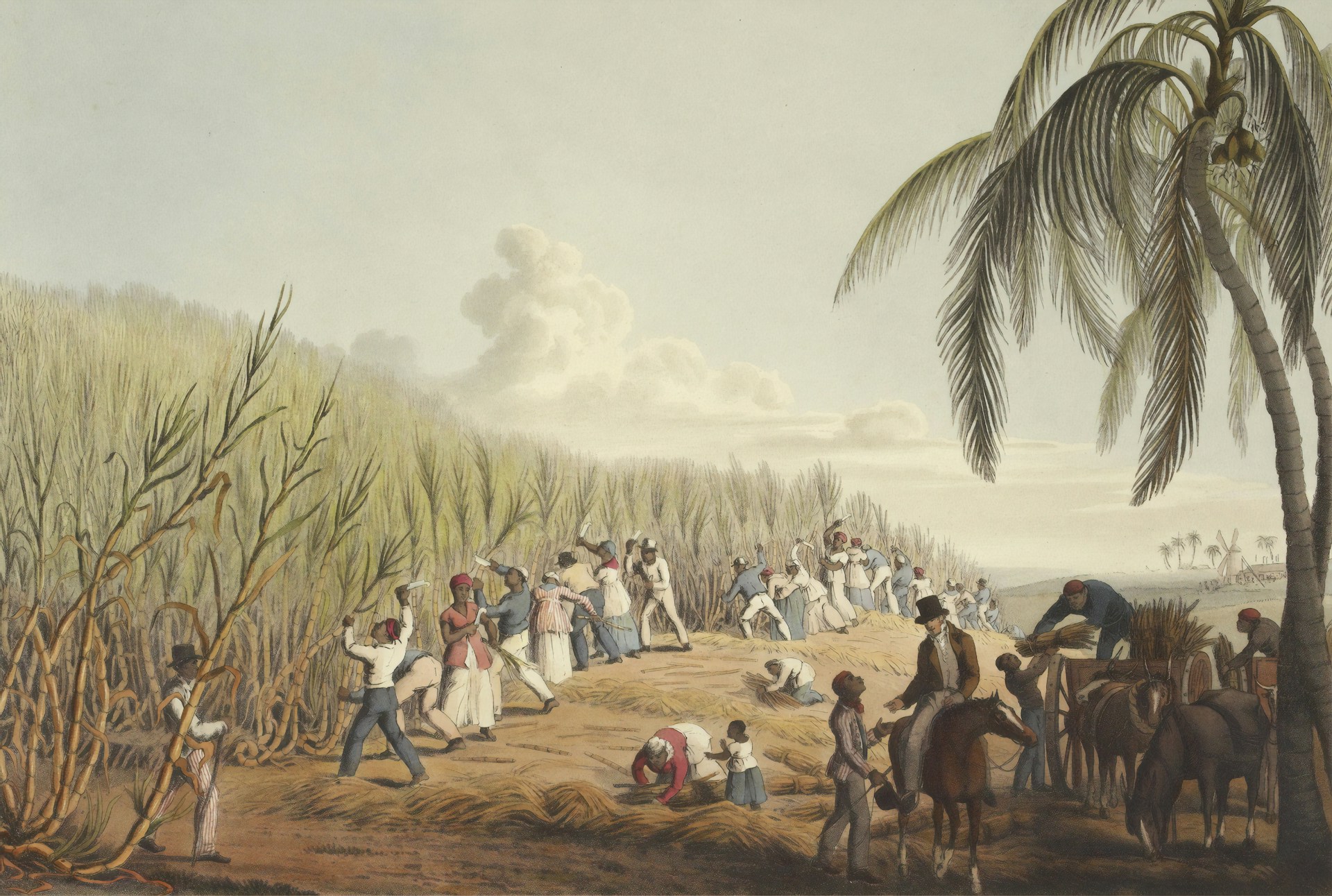Lucky Valley: Edward Long and the History of Racial Capitalism by Catherine Hall (Cambridge University Press)
What were the business realities of Caribbean slavery? Catherine Hall uses the writings Edward Long, a plantation owner in 18th century Jamaica and apologist for slavey, to sketch out the nuts and bolts of how the sugar economy worked. As a work of economic history, the value of the book is in its demonstration of the financial and practical aspects of slavery. Long, in his role as an evangelist for more investors into the plantation business, suggested that a total investment for a 900-acre estate would require something in the region of £39,270, of which by far the biggest outlay was on humans. He reckoned on an average return after tax of around £4,000, giving a suspiciously round annual return of 10%. His own average profit between 1770 and 1780 was £3,885.
Hall’s Marxist economic approach emphasises how this return was extracted from the value of the labour of the enslaved. I’m reflexively sceptical of Marxist economics as simplistically schematic, but after reading this book, I am persuaded that Marx’s conception of profit as exploitatively extracted value is probably the best way to conceptualise slavery’s economics. Racial difference was instrumentalised to justify the coercion that generated the surplus. The term racial capitalism is thus apt.
I got tired of Hall’s repeated reminders that slavery was an atrocity and that aside from brutalising its victims, it also made hypocrites of its practitioners. I don’t need to be told what to think quite as often as Hall seems to think her readers need to be told. The sources and any passing knowledge of Atlantic slavery should suffice to make clear the horrors of the system. At times Hall even succeeded in making me feel sorry for Edward Long, who has every linguistic inconsistency in his writing picked apart for the purposes of revealing his errors. In the epilogue she writes, to explain the contradictions in his thought, that “Long appeared incapable of putting the split parts of himself together.” Few and far between are the people who manage this – cognitive dissonance is central to the human condition. Hall emphasises Freud’s concept of disavowal, with its associated mental compartmentalisation, as a key mechanism by which Europeans dealt with the brutality needed to make slavery work. This was probably true, but as Freud recognised, splitting is a coping mechanism that is near universal. More interesting would have been to follow the logic of Long’s arguments on their own terms.
I read this book after a conversation with my PhD supervisor, who recommended it as a good recent model of how an economic history book sets out its stall for connecting original contribution, methodology and sources. Hall adroitly carves out a new angle from a well-used source. The discussion is thoroughly grounded in its fascinating sources, which makes for compelling reading as the practicalities of a system, so alien to modern morality, are laid bare. If only Hall could resist telling us how to react every second paragraph.




